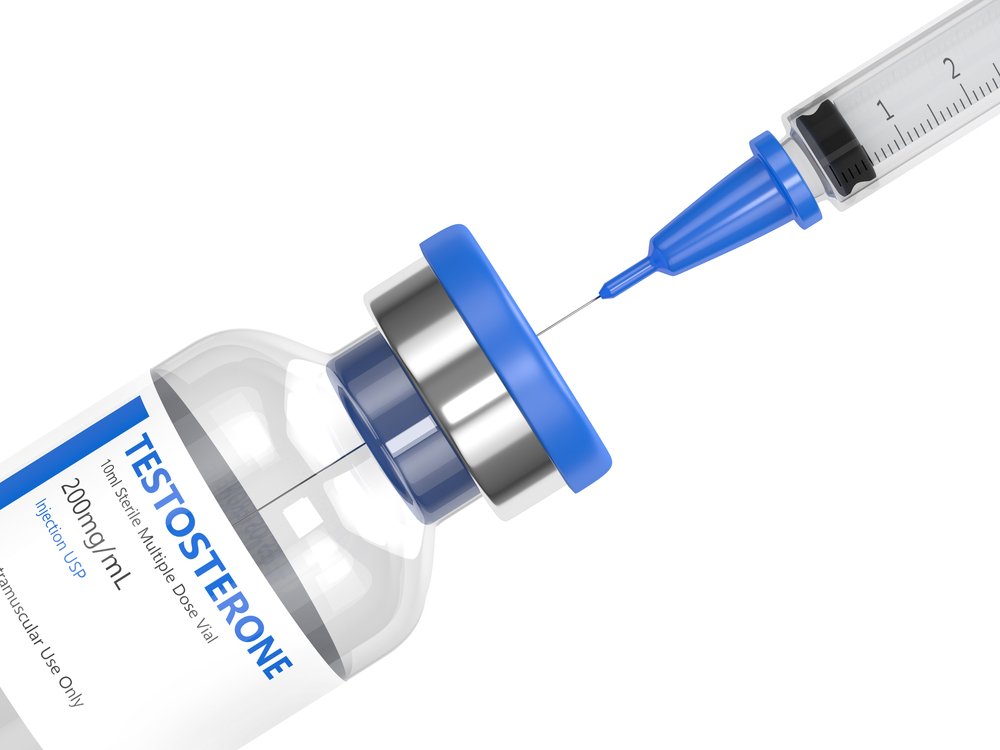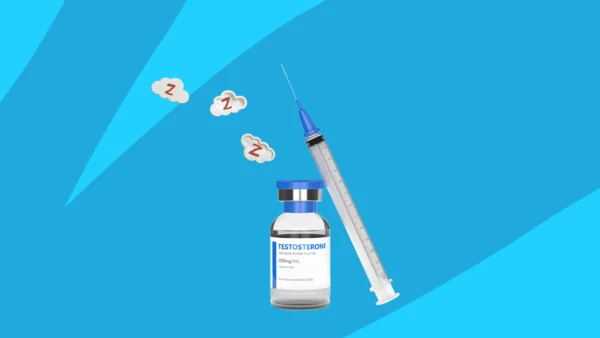Testosterone therapy has garnered significant attention in recent years, as more individuals seek to understand its potential benefits and implications. This treatment, primarily used to address low testosterone levels in men, has sparked discussions about its effectiveness, safety, and role in enhancing overall well-being. As men age, testosterone production naturally declines, potentially leading to symptoms such as fatigue, decreased libido, and diminished muscle mass. With a growing interest in hormone optimization, testosterone therapy has emerged as a popular option for those looking to reclaim their vitality.
However, the rise in testosterone therapy usage also raises critical questions regarding its appropriateness, ethical considerations, and the long-term effects on health. As medical professionals continue to explore the boundaries of hormone replacement therapy, it is essential for patients to stay informed about the potential risks and benefits. This article aims to provide a comprehensive overview of testosterone therapy, examining its uses, effectiveness, and the latest research to help individuals make educated decisions regarding their treatment options.
Understanding the Benefits and Risks
Testosterone therapy can offer numerous benefits, particularly for those with clinically low levels of the hormone. Patients often report improvements in mood, energy, and sexual function, alongside increased muscle mass and bone density. However, the treatment is not without its risks. Possible side effects include increased erythrocytosis, risks of cardiovascular events, and potential effects on prostate health. As a result, healthcare providers emphasize the importance of thorough evaluations before initiating therapy and ongoing monitoring during treatment to ensure safety and efficacy.

Navigating Ethical Concerns
The rise in the popularity of testosterone therapy has led to discussions surrounding its ethical implications. Some practitioners express concern that the treatment may sometimes be pursued for non-medical reasons, such as aging-related decline, rather than addressing genuine deficiencies. This raises questions about the medicalization of aging and the potential for individuals to seek hormone optimization without substantial medical justification. As such, individuals must approach Testosterone Therapy with a critical mindset, balancing the desire for enhanced vitality against the need for responsible medical oversight.
In conclusion, testosterone therapy presents a complex landscape of potential benefits and risks that require careful consideration and individualized assessment. While many patients may experience significant improvements in their quality of life, such as enhanced mood, increased energy levels, and improved sexual function, it is crucial to navigate the treatment within a framework of responsible medical practice. With the growing interest in hormone optimization and the ethical questions it raises, it becomes imperative for patients to engage in informed discussions with their healthcare providers. By prioritizing thorough evaluations and ongoing monitoring, individuals can make educated decisions about whether testosterone therapy is an appropriate option for them, ensuring that the pursuit of vitality does not compromise their overall health and well-being.

